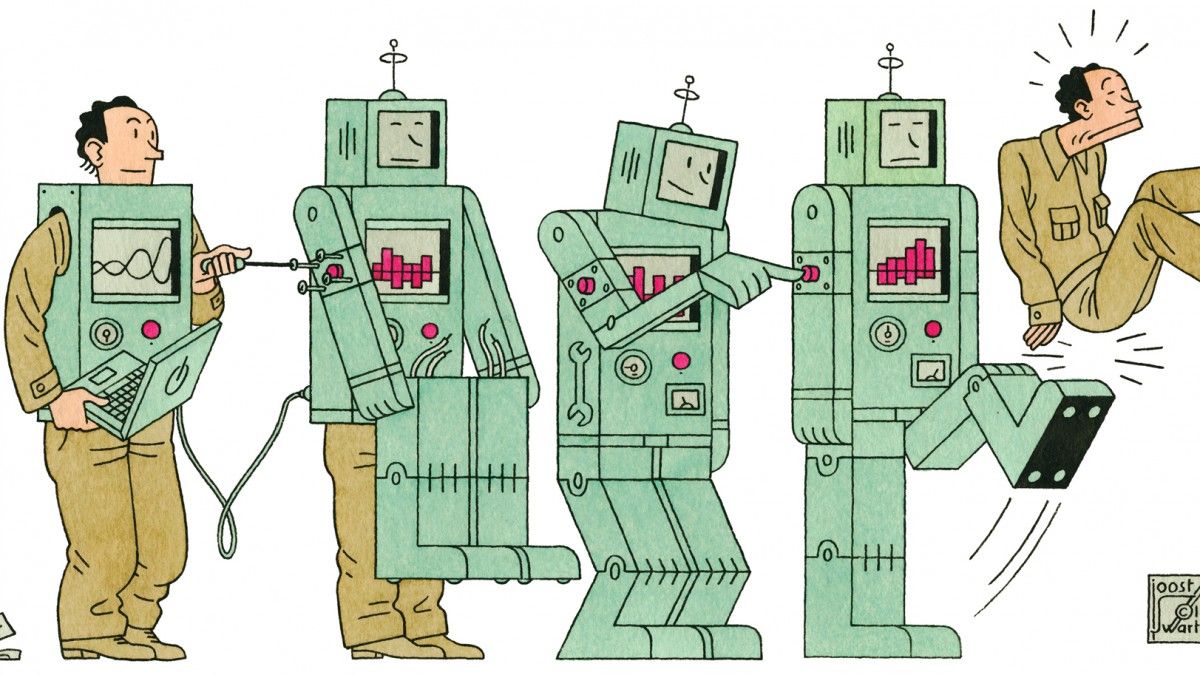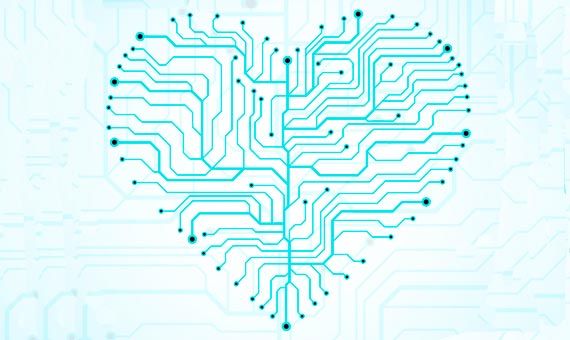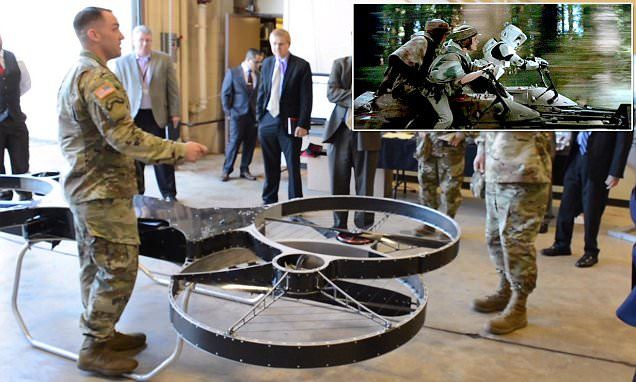
Traditional cancer research is well funded but ALT cancers are not. SENS Research is aiming to raise funds to address this vital gap in our scientific knowledge. Most scary thing of all is that some regular cancers that abuse telomerase can switch to this ALT method to keep growing when telomerase blocking therapies are used.
The paper I’ll point out today is a timely one, given that the SENS Research Foundation’s fundraiser for early stage work on a therapy for alternative lengthening of telomeres (ALT) cancers is nearing its close. There are still thousands of dollars left in the matching fund, so give it some thought if you haven’t yet donated. The search for ways to safely sabotage ALT is a useful, important line of research because blocking telomere lengthening is a path to a universal cancer therapy, those research groups presently working on it are all looking to achieve this goal by interfering in the activities of telomerase, cancers can switch from using telomerase to using ALT, and next to no-one is working on ways to suppress ALT mechanisms. It seems fairly clear based on the evidence to date that the universal cancer therapy that lies ahead, built by inhibiting telomere lengthening, must involve a blockade of both telomerase and ALT. The open access paper below reinforces this point, the authors investigating how exactly cancers switch from telomerase to ALT to maintain their dangerous growth.
Cancer research today has a grand strategy problem. There is only so much funding and only so many researchers, but hundreds of subtypes of cancer. Therapies tend to be highly specific to the peculiarities of one type of cancer or a small class of cancers, meaning that great expense and time leads to a treatment that is only applicable for a fraction of cancer patients, all too often a tiny fraction. Further, since tumors evolve at great speed, any one individual patient’s cancer may find its way out from under the hammer by changing its signature and mode of operation. All is not doom and gloom, however. Consider that the research community could build a therapy applicable to all cancers with little to no modification, where the cost of development would be no greater than any one of the highly specific therapies presently in use and under development. That therapy would be, of course, based on the blockade of telomere lengthening.
Continue reading “An Investigation of How Telomerase Cancers can Switch to Become ALT Cancers” »


















